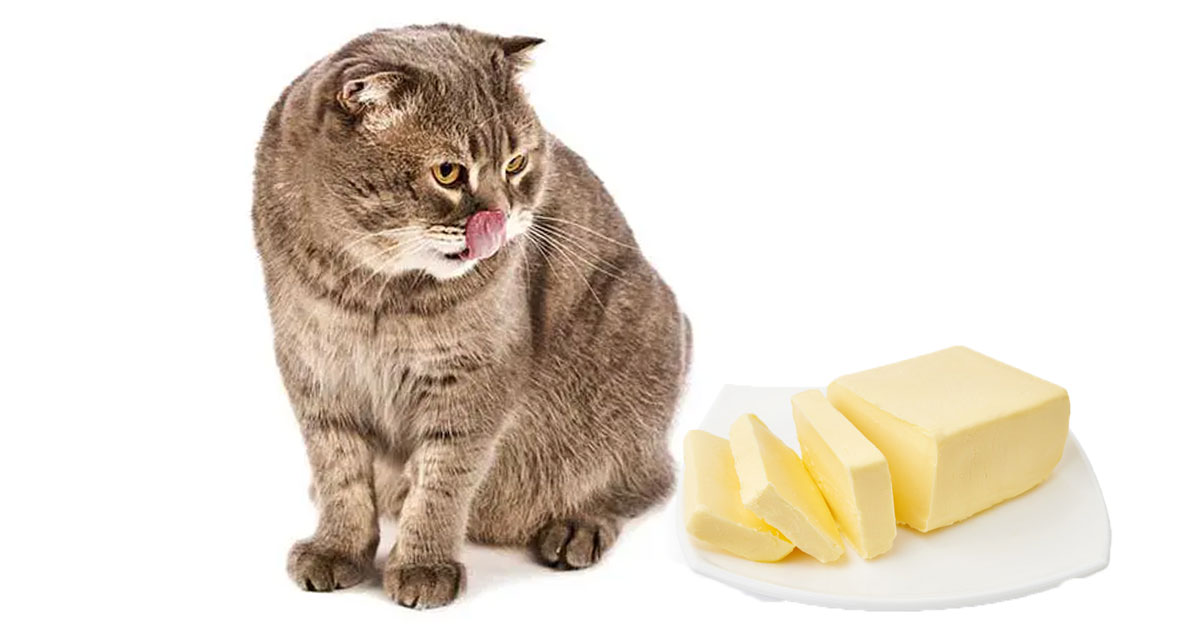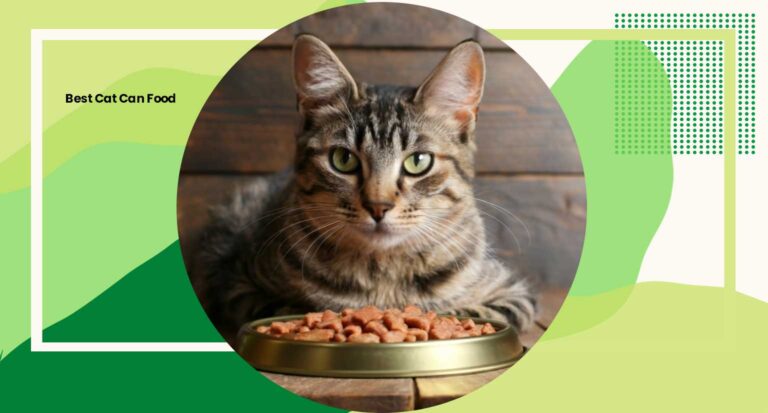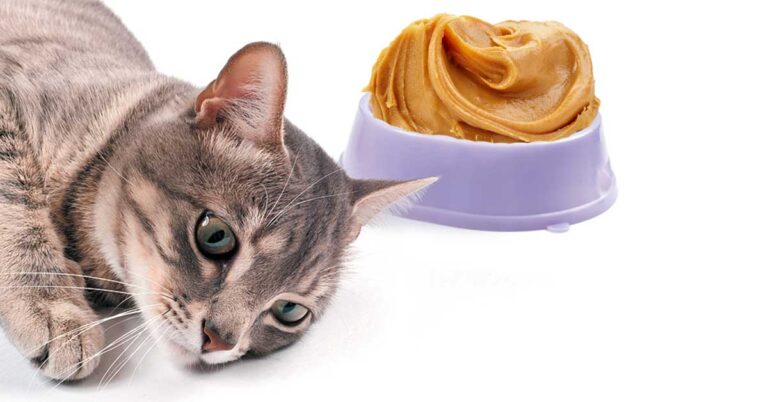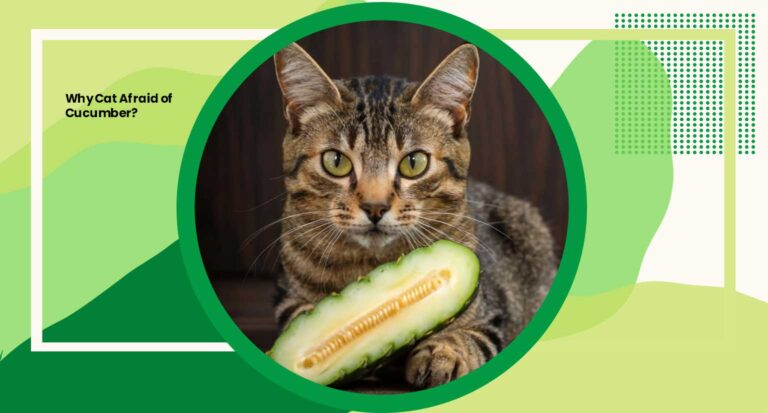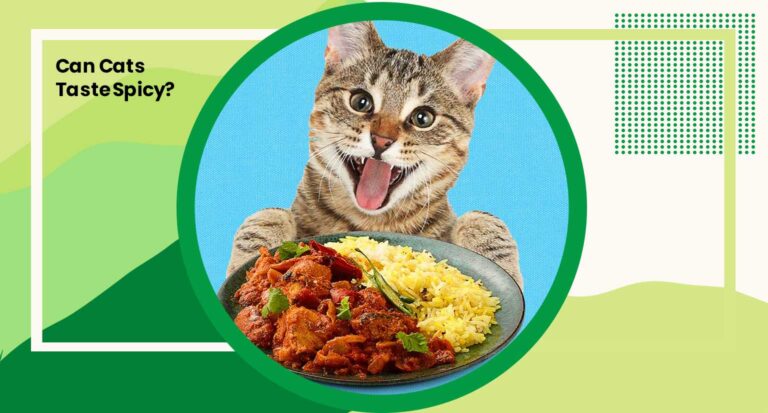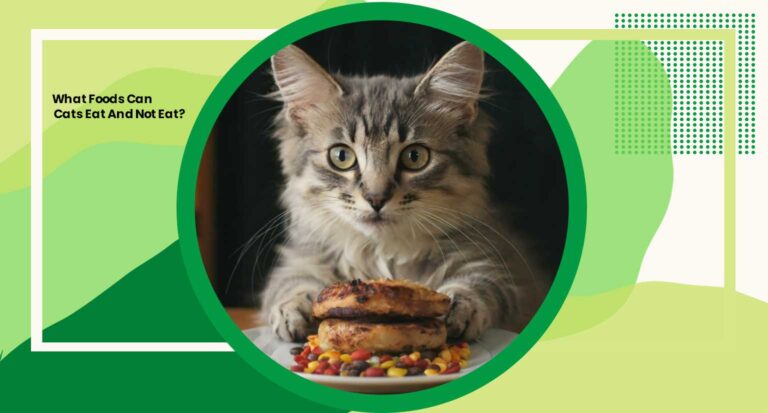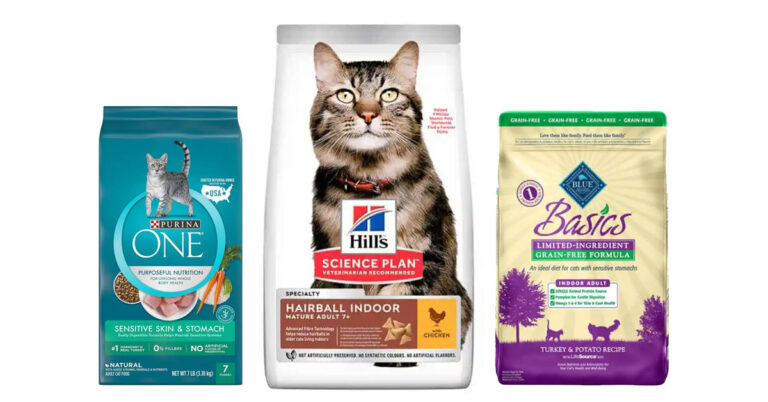Can Cats Eat Butter?
For many cat owners, it’s a familiar scene: You’re in the kitchen, buttering your toast, when you feel a pair of hopeful eyes fixed on you. Your feline friend seems to be pleading for a taste of that golden spread. But is it safe? Can cats eat butter? The short answer is yes, but with some caution. While small amounts of butter won’t necessarily harm your cat, there are potential issues to consider, such as weight gain, high-fat content, and lactose intolerance.
This guide will delve deeper into the subject, examining the pros and cons of including butter in your cat’s diet. Whether you’re wondering about regular butter, vegan butter, or other types of dairy products, we’ve got you covered.
Understanding a Cat’s Diet
Cats, by nature, are obligate carnivores. This means that their bodies are specifically designed to consume and process animal proteins. While they can eat some human food, it’s important to understand that their nutritional needs differ significantly from ours. Including too much butter in a cat’s diet can lead to upset stomach, weight gain, and other digestive issues due to the high-fat content. Moreover, cats’ digestive system may struggle with dairy products because adult cats often develop lactose intolerance.
Butter, whether it’s vegan butter or regular butter, is not a natural part of a cat’s diet and offers little nutritional value for them. It’s high in fat and calories, but lacks the essential nutrients cats need, like taurine, which is found in animal protein. A little butter won’t hurt, but a lot of butter could cause serious harm to your furry friend’s health.
The Impact of Dairy and Fats on Cats
Dealing with Lactose in Cats
Contrary to popular belief, most cats are not well-equipped to handle milk products in their diet, including butter. While kittens are able to process lactose, the sugar in their mother’s milk, many adult cats lose this ability as they age. This can lead to lactose intolerance, a common digestive upset characterized by diarrhea and stomach cramps. Even a small amount of butter can trigger this condition in sensitive cats.
The Dangers of High Fat Content
Another concern with butter is its high fat content. Cats require a balanced diet with the right amount of fats, but too much fat can lead to serious health issues, including obesity and heart disease. While butter does contain some fatty acids which can be good for your cat’s coat, these potential benefits are outweighed by the risk of weight gain and associated health problems. It’s always better to offer your cat a good source of animal protein, which provides the essential nutrients they need without the risk of excessive fat.
Butter in a Cat’s Diet
Potential Health Issues, Small Amounts vs Large Quantities
While small quantities of butter won’t necessarily cause immediate harm to your feline friend, feeding your cat large amounts of butter can result in serious health problems. Even a tablespoon of butter contains a high fat content which can contribute to weight gain, digestive issues, and even heart disease in cats.
Moreover, cats with pre-existing conditions such as feline diabetes, can experience spikes in blood sugar levels due to the high fat content in butter. Digestive problems can also occur, ranging from minor digestive upset to more serious gastrointestinal issues. A cat’s digestive tract is not designed to process such a large amount of butter and can become inflamed, causing discomfort and potential harm.
Why It’s Not A Good Idea
Given the potential risks, it’s generally not a good idea to include butter in your cat’s diet. Sure, a little bit of butter won’t necessarily lead to an immediate allergic reaction or stomach upset, but it doesn’t provide any essential nutrients that your cat needs. Moreover, some cats may also have a dairy allergy, resulting in skin irritation or difficulty breathing.
The bottom line is that there are many other foods that offer greater health benefits to your cat. Instead of butter, consider giving your cat treats that are specially designed for them, which take into account their unique nutritional needs and digestive capabilities.
Effects of Certain Types of Butter
Vegan Butter for Cats
Vegan butter, made from plant-based oils instead of animal fats, may seem like a good alternative. But while it contains less lactose and might be easier on your cat’s stomach, it’s still high in fat. Similar to regular butter, vegan butter can contribute to weight gain and heart disease in cats. Moreover, some vegan butters contain additional ingredients, such as garlic or certain vegetable oils, that can be harmful to your cat.
The Almond and Peanut Butter Debate
What about almond or peanut butter? Again, while these options are typically lactose-free, they remain high in fat and can lead to the same health issues as other types of butter. Notably, almond butter and peanut butter are high in unsaturated fats, which, while better than bad fats, can still cause weight gain if given in large quantities.
On Garlic Butter
Garlic butter is a definite no-no for cats. Garlic is toxic to cats and can cause serious health issues, such as anemia. Even a small amount of garlic in butter can potentially cause serious harm. If you suspect your cat has ingested garlic butter, seek veterinary attention immediately.
It’s clear that while cats might enjoy the taste of butter, the potential risks of adding it to their diet are significant. It’s best to stick to cat food and treats specifically designed to meet their nutritional needs and promote their overall health.
Understanding the Nutritional Value of Butter
Butter is a dairy product known for its high fat content, and while it can make our human food taste better, it doesn’t hold the same value for our feline friends. The main reason is the difference in our nutritional needs. Butter is a source of fats and vitamin D, but lacks the key nutrients that cats require.
For humans, butter can be a good source of fat and provides some nutritional benefits when consumed in moderation. For cats, however, butter does not offer any significant health benefits. It’s high in calories and can lead to weight gain if given in excess, but offers little in the way of essential nutrients like animal-based proteins.
Furthermore, butter can contribute to an imbalanced diet in cats, leading to potential health issues like obesity, heart disease, and digestive problems. It’s also worth noting that while butter contains some fatty acids which can contribute to a shiny coat, these benefits are outweighed by the potential health risks.
In short, while a little bit of butter might not cause immediate harm, it’s best to avoid making it a regular part of your cat’s diet due to its low nutritional value and high risk of causing health problems.
Dangers and Health Risks Associated with Butter
While small quantities of butter may not pose immediate dangers to your cat, regular or large amounts can lead to numerous health issues. The high fat content in butter can contribute to weight gain, putting your feline friend at risk for obesity. Overweight cats are more likely to develop serious health problems like diabetes and heart disease.
Beyond weight-related issues, butter can cause digestive problems in cats. Given their sensitivity to lactose, consuming butter may lead to an upset stomach, diarrhea, or even more severe gastrointestinal upset.
Another significant concern is the potential for a cat to develop pancreatitis, an inflammation of the pancreas that can occur when a cat ingests too much fat. Symptoms of pancreatitis can include vomiting, decreased appetite, and lethargy. This condition can be life-threatening and requires immediate veterinary attention.
Lastly, certain types of butter, such as garlic butter, are extremely hazardous. Garlic is toxic to cats and can lead to anemia, among other health issues. If your cat ingests garlic butter, immediate veterinary care is necessary.
Ultimately, while butter may not pose immediate danger to cats in small amounts, the potential health risks associated with regular or large consumption make it a poor choice for inclusion in your cat’s diet.
Feeding Butter as an Occasional Treat
If your cat is a butter lover, you might be tempted to give in to those pleading eyes from time to time. While it’s generally best to keep butter out of your cat’s diet, a small amount as an occasional treat isn’t likely to cause serious harm. But how much butter is okay, and how often?
The key words here are “small” and “occasional.” Giving your cat a lick of butter off your finger or a tiny smear on their paw as a rare treat is probably safe. However, this should not become a regular habit. Bear in mind that the nutritional needs of cats are best met with a balanced diet of high-quality cat food, which is specifically designed to provide the right blend of nutrients for their health.
If you want to give your cat a treat, there are many safer and healthier options available. There are numerous cat treats on the market that are nutritionally balanced and cater specifically to cats’ tastes and dietary needs. These are a much better option than butter, providing your cat with a tasty treat that also contributes positively to their health.
Alternative Fats That Cats Can Consume
While butter should be avoided or limited in a cat’s diet, there are other sources of fats that are much healthier and safer for your feline friend. Cats do need some fat in their diet, but it should come from sources that provide the right balance of nutrients.
Animal-based proteins are the best sources of fat for cats. Fatty fish like salmon and tuna are excellent choices, providing omega-3 fatty acids that support a healthy coat, skin, and immune system. Meats like chicken and beef also provide fats along with essential proteins.
There are also specially formulated cat foods available that contain the right balance of fats, proteins, and other essential nutrients. High-quality cat food manufacturers take into consideration the specific nutritional needs of cats, ensuring they get the right types and amounts of fats in their diet.
Before making any major changes to your cat’s diet, it’s always a good idea to consult with your vet. They can provide guidance on the best types of foods and treats for your specific cat’s needs and health status.
The Bottom Line for Cat Owners
As a responsible cat parent, it’s important to understand what is good and what’s potentially harmful to your cat’s health. The question “can cats eat butter” brings us to a clear conclusion: while it’s not toxic and a small amount might not harm your cat, butter doesn’t have a beneficial place in your cat’s diet.
Butter, regardless of whether it’s regular, vegan, or flavored, is high in fats and lacks the essential nutrients your cat requires. Even small amounts can contribute to weight gain and potentially lead to serious health problems like heart disease and digestive issues. Not to mention, certain types of butter, such as garlic butter, are outright toxic to cats.
Instead of butter, choose healthier fat sources like fatty fish or high-quality cat food that’s specifically designed to meet your cat’s nutritional needs. These will provide your cat with the essential nutrients they require, without the associated health risks of butter.
The bottom line is this: it’s best to avoid butter in your cat’s diet. There are far better options out there to keep your feline friend happy, healthy, and thriving.

